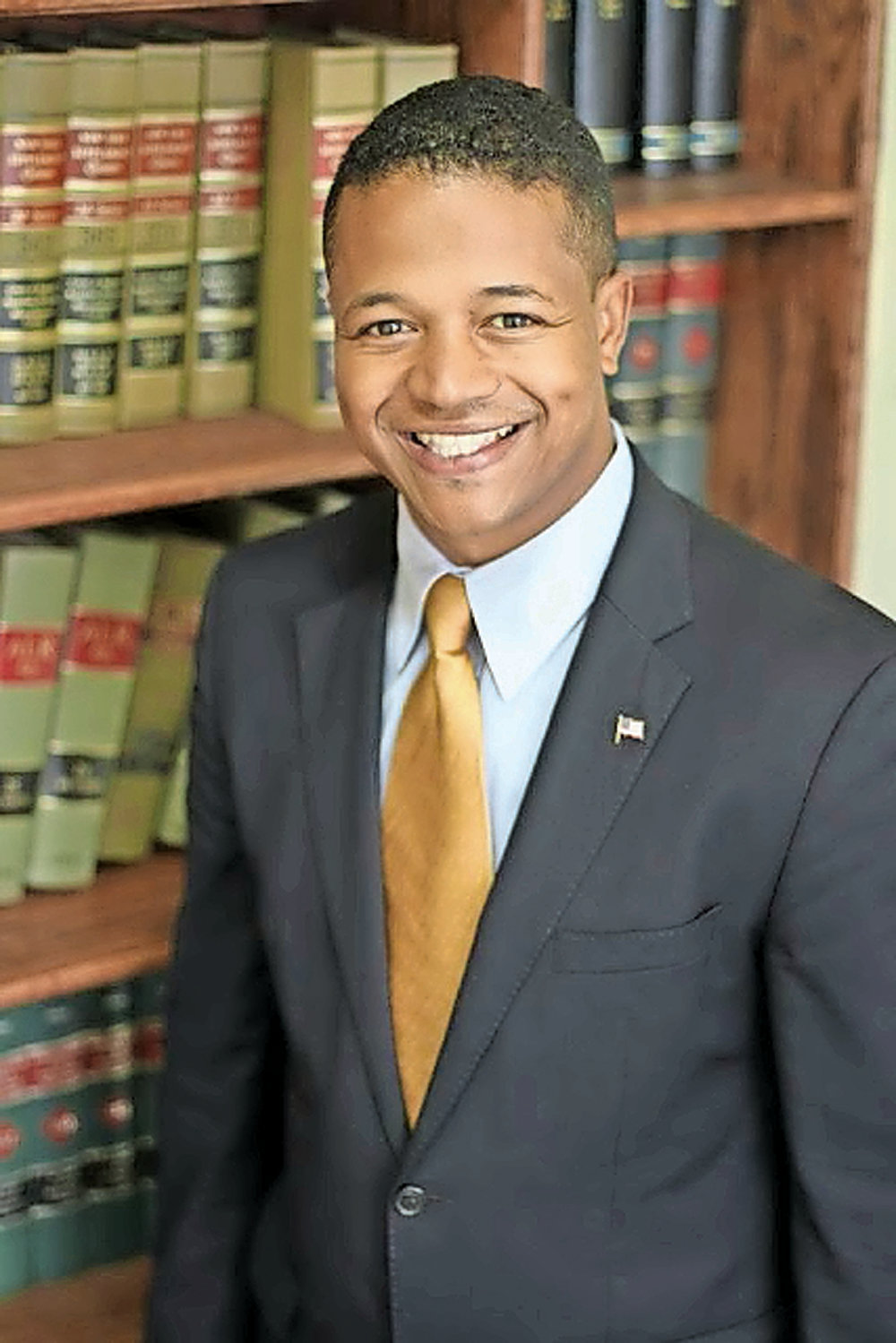Carrié Solages votes ‘no’ on police contract
County Legislator Carrié Solages voted against a collective bargaining agreement with the Superior Officers Association, which would require officers to wear body cameras, on Nov. 23, citing the cost to the county. The program is expected to cost $500,000 in 2020, $3 million in 2021 and $1.5 million in 2022, and the county will have to borrow to pay for it.
“Upon its expected conclusion in June 2025, this contract with the Superior Officers Association will cost the county tens of millions of additional dollars at a time of unprecedented fiscal strain,” he said in a statement. “I could not in good faith vote in favor of this contract because I do not believe it’s fiscally responsible for Nassau County residents.”
Additionally, he said, he did not think the County Legislature should approve a collective bargaining agreement with the police union until it completed its New York State-mandated police reform plan, which the county government must do by April in order to receive state funding.
“While I appreciate the SOA’s commitment to implementing the use of body camera technology,” Solages, a Democrat from Valley Stream, said, “I believe additional improvements will be necessary to meet the community’s desires and ensure we are complying with the spirit of New York State’s police reform mandates.”
But Solages has been advocating for the police-use of body cameras since 2015, when then-County Executive Ed Mangano and former Police Commissioner Thomas Krumpter proposed purchasing the cameras for 31 officers who patrolled predominantly minority communities, like Elmont. Members of the Nassau Police Benevolent Association filed a complaint with the state Employment Relations Labor Board, however, saying that county officials excluded the police unions from its discussion of the program, and it never moved forward.
Then, over the summer, Solages and Legislator Siela Bynoe, a Democrat from Westbury who also wound up voting against the measure, sent a letter to County Executive Laura Curran saying that any collective bargaining agreement with police unions should include renewed discussions about the program, and the Nassau County Police Superior Officers Association agreed to enroll in the program.
“I’m very happy that we’ve been able to advance police reforms,” Solages told the Herald, noting that most, if not all, of the police unions in Nassau County have agreed to use body cameras. But, he said, “the timing of it is not the best.”
Still, the County Legislator voted in faovr of the collective bargaining agreement 16 – 3, and county officials and the police union finalized the agreement last week, and were scheduled to discuss the body camera program on Monday, as the Herald went to press.






